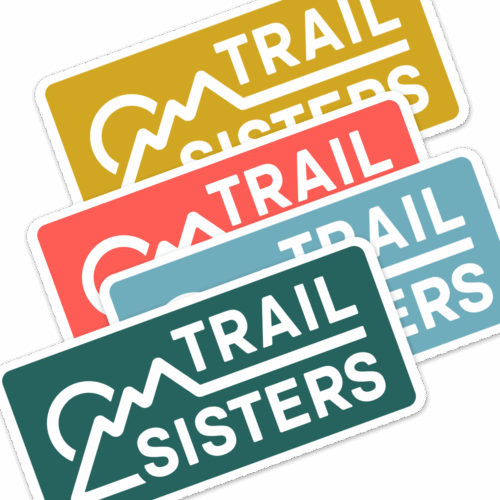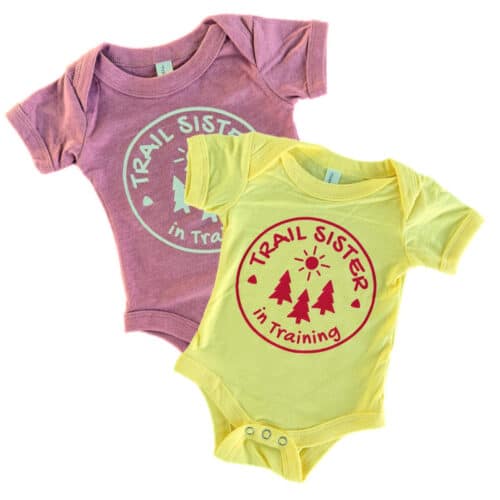Protein is essential for everyone, females included. Especially endurance athletes and even more so as we get into our perimenopause years which can begin in our mid-late 30s. As we age, we need to consume more protein, not less.
In working with female athletes, I find protein is the biggest dietary shortcoming. And, a little adjustment in the amount and timing of protein can have a huge impact on muscle maintenance, energy needs, performance and recovery. If you want to maintain lean body mass, perform at optimal levels and recover so you can get out and do it all again the next day, you MUST consume sufficient amounts of protein DAILY!
Protein also increases immunity, improves sleep, digestion, hormone regulation and helps with weight loss because it’s harder to digest and requires more calories to burn.
The hormonal fluctuations we experience as women often put us in a catabolic state (the breakdown of muscle tissue), so depending upon our menstrual cycle and menopausal status, we may be more inclined to break down muscle than to build muscle. In order to stay strong, run strong, perform and recover well, we need to maintain muscle mass.
Protein helps to build + maintain muscle: More muscle mass = Higher Metabolism
During peri and postmenopausal years, our sex hormones begin a rollercoaster ride and we lose the muscle-making stimulus that estrogen used to provide. So, we need more protein to pick up the slack where our hormones left off. Research also shows with age, we need more protein to adapt to our training.
So pause for a second and ask yourself, “Am I consuming protein at each meal during the day?”
Signs you’re not consuming enough protein:
- Feeling anxious or moody
- Sugar Cravings
- Brain fog
- Fatigue
- Poor Sleep
- Slow to recover and heal
- Frequent injuries or illness
So, how much protein do we need and how should we time protein consumption during the day?
For women in their mid 30s and beyond who want to be healthy, lean, perform their best and recover well, I recommend 1g of protein per pound of ideal body weight. With that recommendation, I typically provide a range.
For example: for a 130 pound woman I would recommend consuming 120-130+ grams of protein spread out between meals and snacks daily.
Most women are falling way below this range. As a starting point, I encourage clients to look at the sources of protein they’re already consuming and increase the serving size slightly. No need to make it complicated by finding new sources of protein or new recipes. If you’re falling short of your protein goal, start by increasing your protein intake slowly. When increasing the amount of protein, you can decrease the amount of fat or carbohydrate you’re consuming to offset the amount of food you’re consuming so you don’t feel stuffed.
The timing of protein is equally important to the amount of protein we consume. Aim for the following:
- 30 – 40 grams of high-quality protein within 30 – 45 minutes after exercise
- 30 – 40 grams of protein at breakfast, lunch and dinner
- 15 – 20 grams of protein for snacks

My favorite sources of animal and plant based proteins:
- Organic Chicken
- Organic Ground Turkey
- Organic High Protein Tofu
- Grass Fed Steak, Bison or Elk
- Organic Eggs
- Wild Caught Seafood (cod, salmon, ahi tuna, shrimp)
- Canned or packs of tuna or salmon
- Grass Fed beef, chicken or turkey sticks
- Greek Yogurt
- Cottage Cheese
- Organic Milk or Organic Soy Milk
- Beans
- Organic Edamame
- Quinoa
- Bone Broth
- Protein powder for smoothies (organic whey or bone broth)
One question I often get, “Melissa, how do I get all of this protein in on days when I’m out for a long run?” As an endurance runner myself, this is something I’ve also had to experiment with.
Obviously, you don’t want to eat lots of protein when you’re out on a long run. However, you can plan ahead and optimize protein consumption on long run days to help you perform and recover optimally.
- Include protein and carbohydrates in your pre-run fuel. Research has shown 15-20 g of collagen protein is a great source to consume 30-60 minutes pre-run as it works to prime connective tissues like joints, ligaments and tendons.
- Consume a post workout smoothie or snack with 30-40 g of protein along with a mix of carbs within 30-45 minutes post-run.
- Continue to focus on high quality protein for your meals and snacks for the rest of the day.
This will help your body to recover more efficiently and better adapt to your training. Do you need help or accountability to determine your protein plan or your fueling strategy? Are you looking to optimize your performance and recovery during training and on race day? Reach out to take advantage of 10% off of performance nutrition coaching for all Trail Sister Members through the end of October!
















